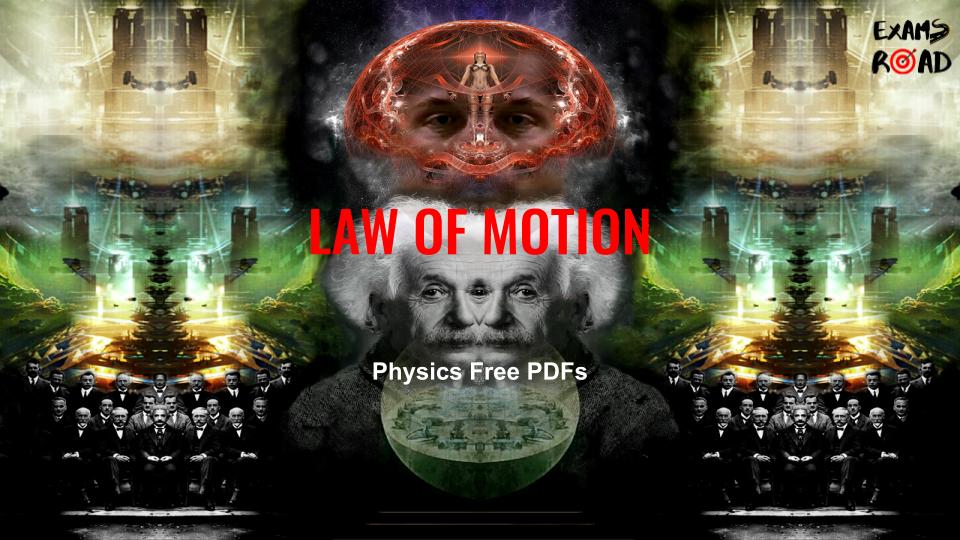Importance and scope of chemistry
Importance and scope of chemistry: Chemistry Notes is based on important topics that comes under various Engineering Entrance Exam (IIT JEE Mains & Advance, MHT CET, VITEEE, KIITEE, WBJEE), Medical Entrance Exam (NEET, AIIMS, JIPMER, PGIMER), CBSE Board, ICSE Board, Class 12th, 11th.
We are providing you Important Chemistry Notes PDF which will be beneficial for you to crack your exam. These Notes are generalize is nature and you can always combine them with your own solving methods. Let’s take a look at the Chemistry Notes.
EXAMSROAD brings the detailed Notes on Importance and scope of chemistry.
[su_box title=”Learning Objectives”]To recognize the breadth, depth, and scope of chemistry. Define chemistry in relation to other sciences. Identify the main disciplines of chemistry.[/su_box]
What is Chemistry?
Chemistry deals with the composition, structure and properties of matter. These aspects can be best described and understood in terms of basic constituents of matter: atoms and molecules. That is why chemistry is called the science of atoms and molecules.
[su_quote]According to Roald Hoffmann ” Chemistry is the science of molecules and their transformations. It is the science not so much of the one hundred elements but of the infinite variety of molecules that may be built from them ” [/su_quote]
Areas of Chemistry
The study of modern chemistry has many branches, but can generally be broken down into five main disciplines, or areas of study:
- Physical chemistry: Physical chemistry is the study of macroscopic properties, atomic properties, and phenomena in chemical systems. A physical chemist may study such things as the rates of chemical reactions, the energy transfers that occur in reactions, or the physical structure of materials at the molecular level.
- Organic chemistry: Organic chemistry is the study of chemicals containing carbon. Carbon is one of the most abundant elements on Earth and is capable of forming a tremendously vast number of chemicals (over twenty million so far). Most of the chemicals found in all living organisms are based on carbon.
- Inorganic chemistry: Inorganic chemistry is the study of chemicals that, in general, are not primarily based on carbon. Inorganic chemicals are commonly found in rocks and minerals. One current important area of inorganic chemistry deals with the design and properties of materials involved in energy and information technology.
- Analytical chemistry: Analytical chemistry is the study of the composition of matter. It focuses on separating, identifying, and quantifying chemicals in samples of matter. An analytical chemist may use complex instruments to analyze an unknown material in order to determine its various components.
- Biochemistry: Biochemistry is the study of chemical processes that occur in living things. Research may cover anything from basic cellular processes up to understanding disease states so better treatments can be developed.
Relationship Between Chemistry and Other Branches of Science
‘Science’ can be defined as the systematic study of the natural universe, its structure, and everything it encompasses. Due to the immensity of the natural universe, science has been divided into several disciplines that deal with certain aspects of the universe. The three primary subcategories of science under which these disciplines can be grouped are:
- The Formal Sciences: Involves the study of the language disciplines that concern formal systems. Examples of scientific disciplines that fall under this category include logic and mathematics. Can be thought of as the “language of science”.
- The Natural Sciences: Involves the study of natural phenomena through experiments and observations. Chemistry, physics, and biology fall under this category of science.
- The Social Sciences: Involves the study of human societies and the relationships between the humans that dwell in these societies. Examples of scientific disciplines that fall under this category include psychology, sociology, and economics.
Subject-wise Tricks Tips & Question with Solution PDFs
| S.NO | Subject Name | Topic-wise PDFs Download Link |
| 1. | Chemistry Notes PDF | Click Here to Download Now |
| 2. | Maths Notes PDF | Click Here to Download Now |
| 3. | Physics Notes PDF | Click Here to Download Now |
| 4. | Biology Notes PDF | Click Here to Download Now |
Syllabus and Previous Year Papers |
|
| Chemistry Syllabus for NEET & AIIMS Exams | Click Here |
| Chemistry Syllabus for JEE Mains & Advanced | Click Here |
| Chapter Wise NEET Chemistry Syllabus | Click Here |
| Physics Syllabus for NEET & AIIMS Exams | Click Here |
| Physics Syllabus for JEE Mains & Advanced | Click Here |
| Chapter Wise NEET Physics Syllabus | Click Here |
| Biology Syllabus for NEET & AIIMS Exams | Click Here |
| Chapter Wise NEET Biology Syllabus | Click Here |
| Maths Syllabus for JEE Mains & Advanced | Click Here |
| Download NEET Previous Year Question Papers with Solution | Click Here |
|
|
|
| https://www.facebook.com/ExamsRoadOfficial | |
| Telegram | https://telegram.me/ExamsRoad |
| https://twitter.com/ExamsRoad | |
| https://www.instagram.com/ExamsRoad/ | |
| YouTube | Click Here To Subscribe Now |
Thank You.
By TEAM ExamsRoad.com


















